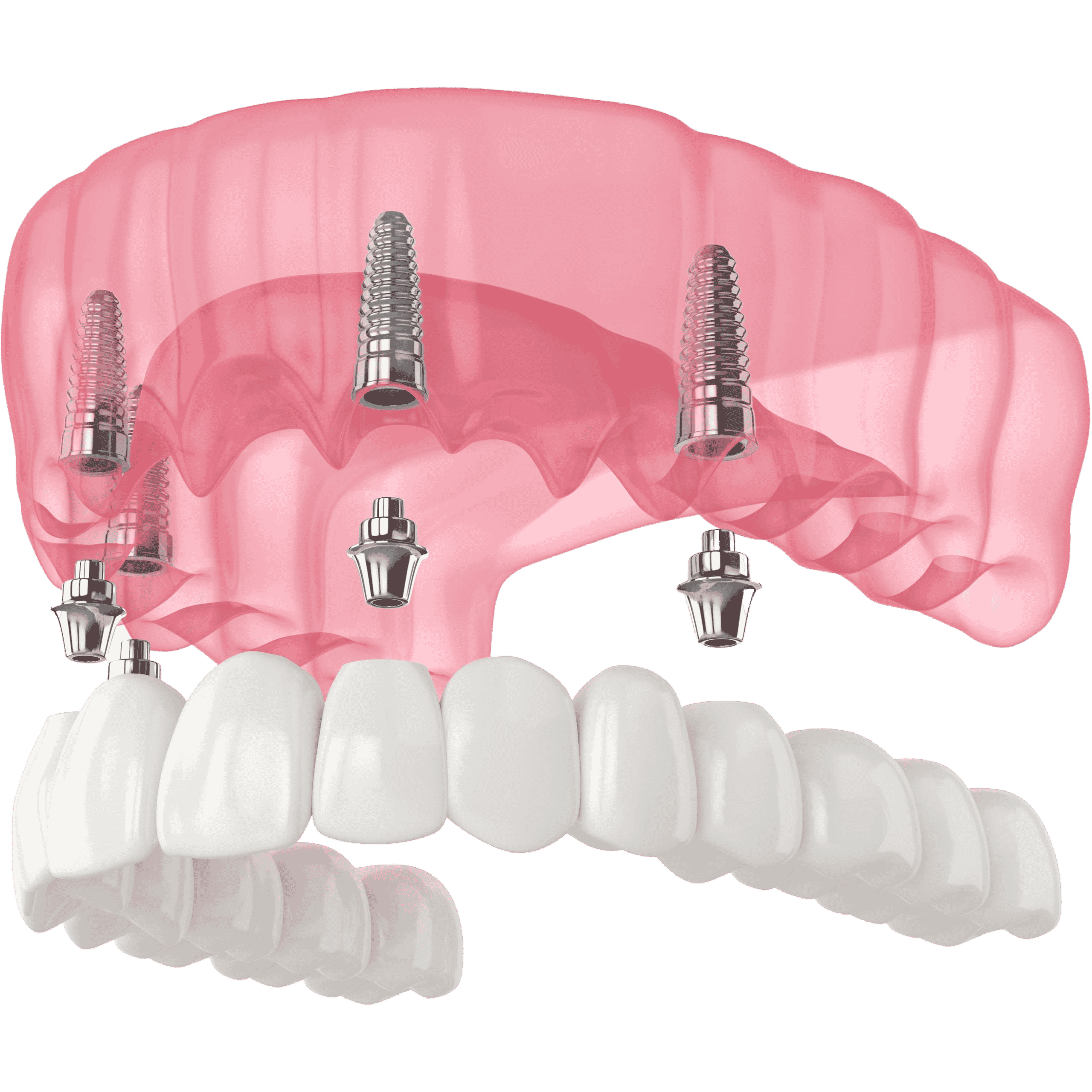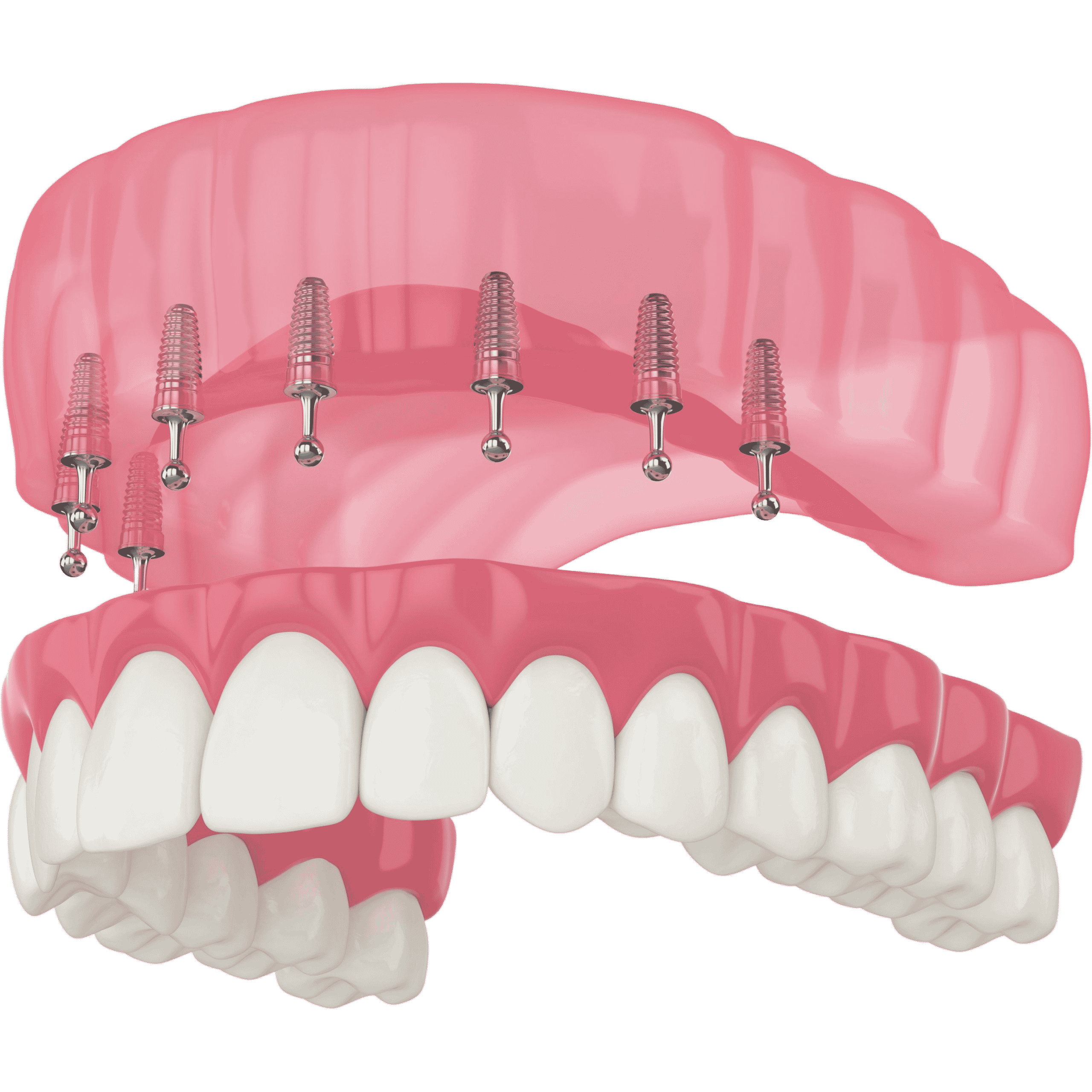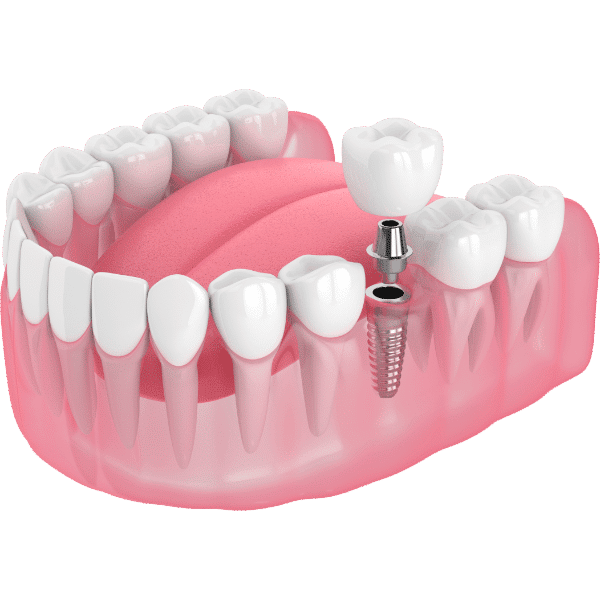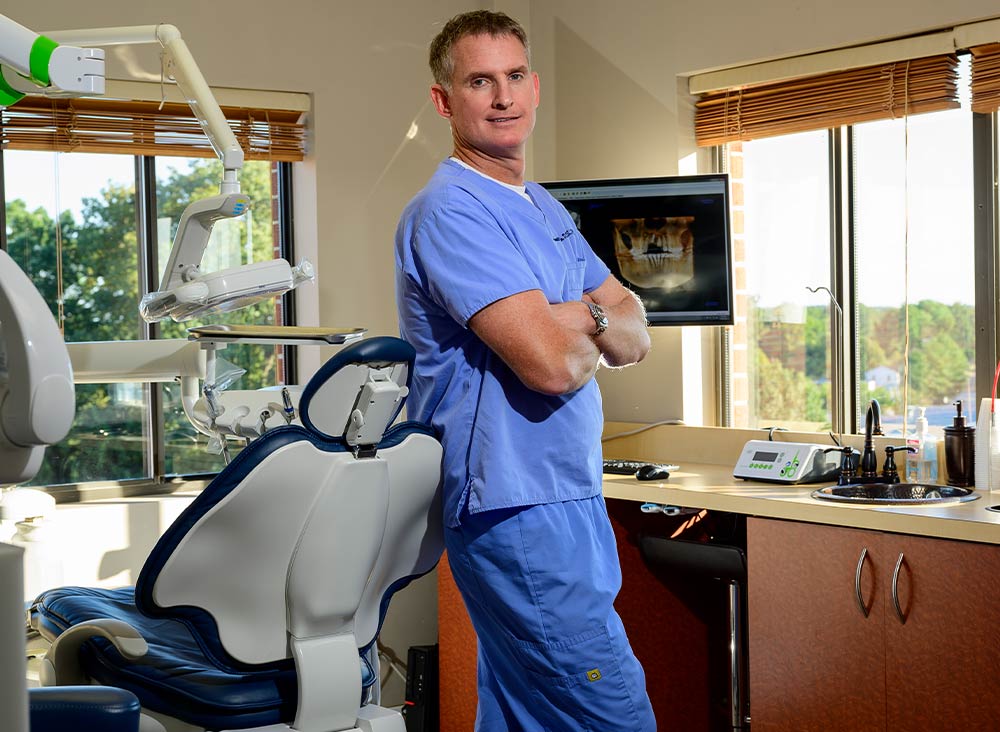Northern Virginia Periodontics - Virginia
Welcome To Northern Virginia Periodontics
Select Your Location Below

Experienced Specialty Care From Board-Certified Periodontists
At Northern Virginia Periodontics, our mission is to provide periodontal and dental implant patients the most predictable, minimally invasive, cost-effective treatment solutions for their problems. We focus on coupling prevention with treatment strategies that are scientifically-based. Ultimately, our commitment is to assist our patients toward dental and systemic health, thereby improving the quality of their lives. As our patient, you never have to worry about receiving treatment you do not need, or feel pressured into accepting treatment. Our periodontists proudly partner with general dentists and other specialists to deliver optimal oral health and results, and the treatment options best-suited for your unique needs. Serving the Northern Virginia community with locations in Falls Church and Alexandria, VA since 1995, we are proud to be the specialty team our patients and peers trust for excellence in periodontics and implant dentistry.
Welcome to Northern Virginia Periodontics in Falls Church and Alexandria, VA


Full-Arch Dental Implants
Full-Arch Dental Implants

Chao Pinhole® Surgical Technique
Chao Pinhole® Surgical Technique

LANAP® Laser Gum Therapy
LANAP® Laser Gum Therapy
Meet Our Periodontists



Our services
How We Can Help You






The NVP Process
From your first phone call to our office, we will focus on getting to know you and your unique story. When you arrive for your initial appointment, you will be greeted by your dedicated Treatment Coordinator who will be your advocate throughout your care in our office.
Your Treatment Coordinator will orient you to our practice, and will introduce you to your periodontist. The doctor will listen to you, and will seek to clearly understand your medical and dental history. Then a complete, gentle exam will occur to document your specific oral condition. You will be empowered by the doctor’s clear explanation of your diagnosis and your appropriate treatment options. A customized Treatment Blueprint will be created.
Your Treatment Coordinator will thoroughly review your Treatment Blueprint, and the associated payment options. NVP Treatment Coordinators are expert at finding a financing option to fit your budget, and at ensuring you are 100% prepared for your scheduled periodontal or implant treatment.
Your thorough education and preparation up to this point will put your mind at ease as you begin your treatment. Additionally, at NVP we combine our experience and knowledge with advanced technology and minimally invasive methods to ensure your safety and comfort, and to maximize your treatment outcome.
Once we have celebrated the completion of your Treatment Blueprint, you will transition to the preventive phase of your care. Our Supportive Periodontal Therapy program involves uniquely timed, thorough oral cleanings and professional evaluations to avoid problems or the recurrence of disease.
Check Out What Our Patients Have To Say!
Every Patient Has A Story

Paul’s Story – Full-Arch Dental Implants – I can smile and eat again

Corrine’s Story – How the Chao Pinhole® Technique improved my smile
Our Locations
We have two convenient locations in Northern Virginia to ensure quality periodontal care is never too far from you!


